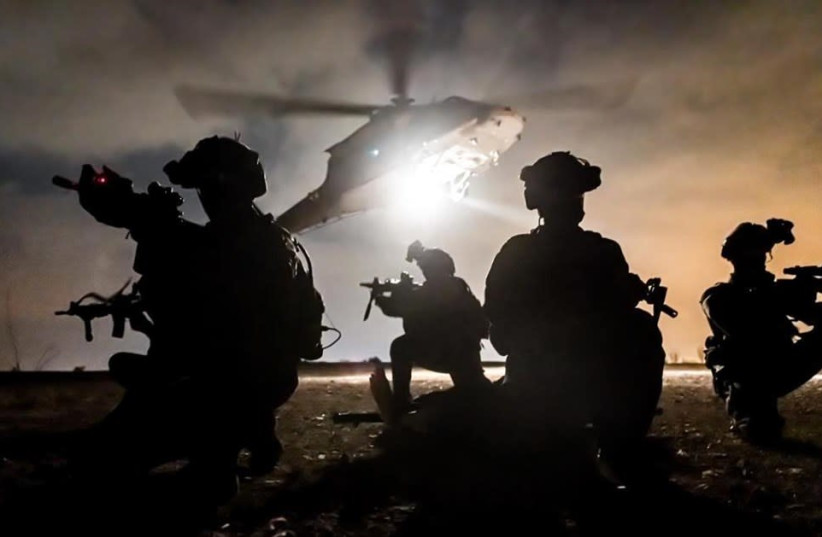I worry about him so much, my first born son.
Not all the time.
Sometimes I get on with other things and don’t really think about what he might be doing at any given moment. I’ll write an article, make dinner or do the shopping for example. And for a while I won’t be perplexed by the fact that I have a child who is a combat soldier on active duty in the IDF. Then there are times when I have this overwhelming feeling of anxiety and fear and I’ll start crying if I hear a song or read something which reminds me of him.
I only have a vague idea about my son’s movements when he’s not here. He can be out of reach for days on end during which, I have to comfort myself with the fact that no news is good news. That’s all I have.
Although he may be not that far away in practical terms (Israel is only tiny), in reality, he might as well be on another planet.

I read the papers online and check headlines for news stories in order to try and piece together any information which might involve my son, but in reality, it’s hopeless. I know no more than the next person. I don’t get updates from him as I might have done, had he gone off to university and enjoyed a ‘normal’ life, doing what most young adults do at his age, i.e. get drunk, skip lectures and paint the town red (as I did).
I keep my phone switched on most nights, just in case he needs me. In my head I know it’s unlikely that he’d contact me should a problem occur, but in my heart, as his mum, I need the lines of communication to remain open 24/7. Each morning I send him a WhatsApp message saying “hello” and then wait patiently for the ticks to turn blue.
Our days are often punctuated with the following conversation: “Have you heard from him?” one of us will ask whoever is close by. “No, I’ve sent him a message but haven’t had a reply,” is the most likely answer.
“Me neither… ” and so on…
It’s hard to describe that feeling when your child’s day comprises of experiences that are so far removed from your own.
All I know is this: what he does is dangerous. Although he’s undergone months of rigorous training and is, by all accounts, extremely good at it, I still worry.
One of the hardest things to come to terms with is the distance which inevitably grows between a combat soldier and his (or her) family.
Although we’ve always been close, the family dynamics have changed. Not just changes which you’d expect as you watch your children grow into adults. Different changes are afoot when one of those children lives an extraordinary life, leaving the rest of us barely able to imagine what his days are like. For obvious reasons, my boy isn’t able to share details of his day-to-day life with us and so my mind (the others don’t worry as much as I do) often goes into overdrive.
I’m sure I’m not alone with these feelings. I’m not the first parent to experience them and I certainly won’t be the last.
Despite having read many accounts from those in similar situations, nothing could have prepared me for the highs and lows which go hand in hand with having a child in this position.
One thing about which I’m certain, however, is that although we all deal with the stresses and strains of our similar situations in different ways, we all have the same immense sense of pride in our children who have given up the best years of their lives to serve their country.
Whether they are out there in the field facing danger on a daily basis and giving their parents sleepless nights, or doing important noncombat work, they are all stars and we owe each and every one a huge debt of gratitude.
The highs and lows that come with having a child in active combat service, however, are unique. Some days are better than others, but on the whole the worry is always there when your child is not.
As a friend, whose daughter is also a combat soldier said, “I spend most of my time consciously unconsciously thinking if she’s okay.”
I know what she means.
The writer is a former lawyer from Manchester, England. She now lives in Netanya, where she spends most of her time writing and enjoying her new life in Israel.
